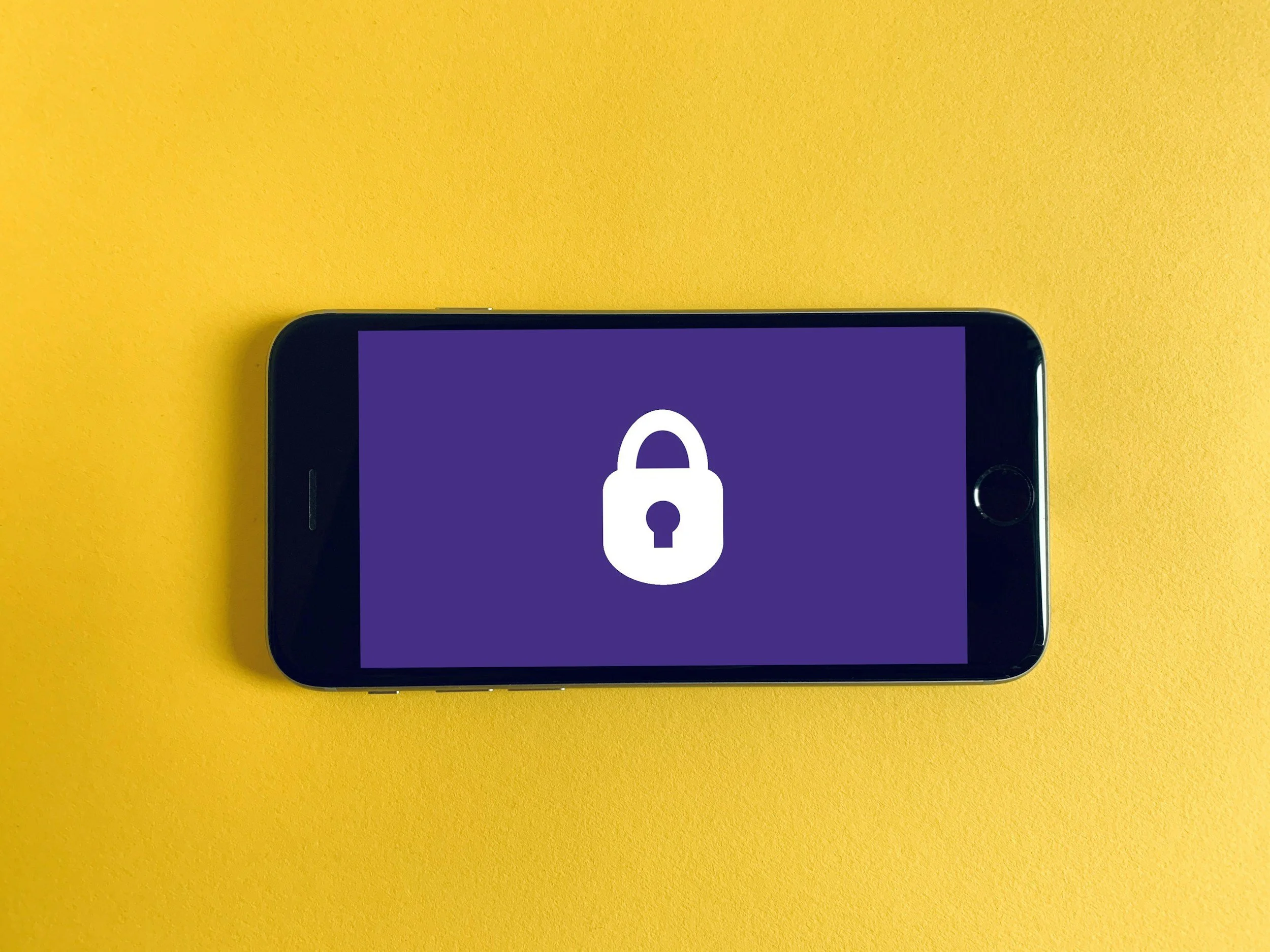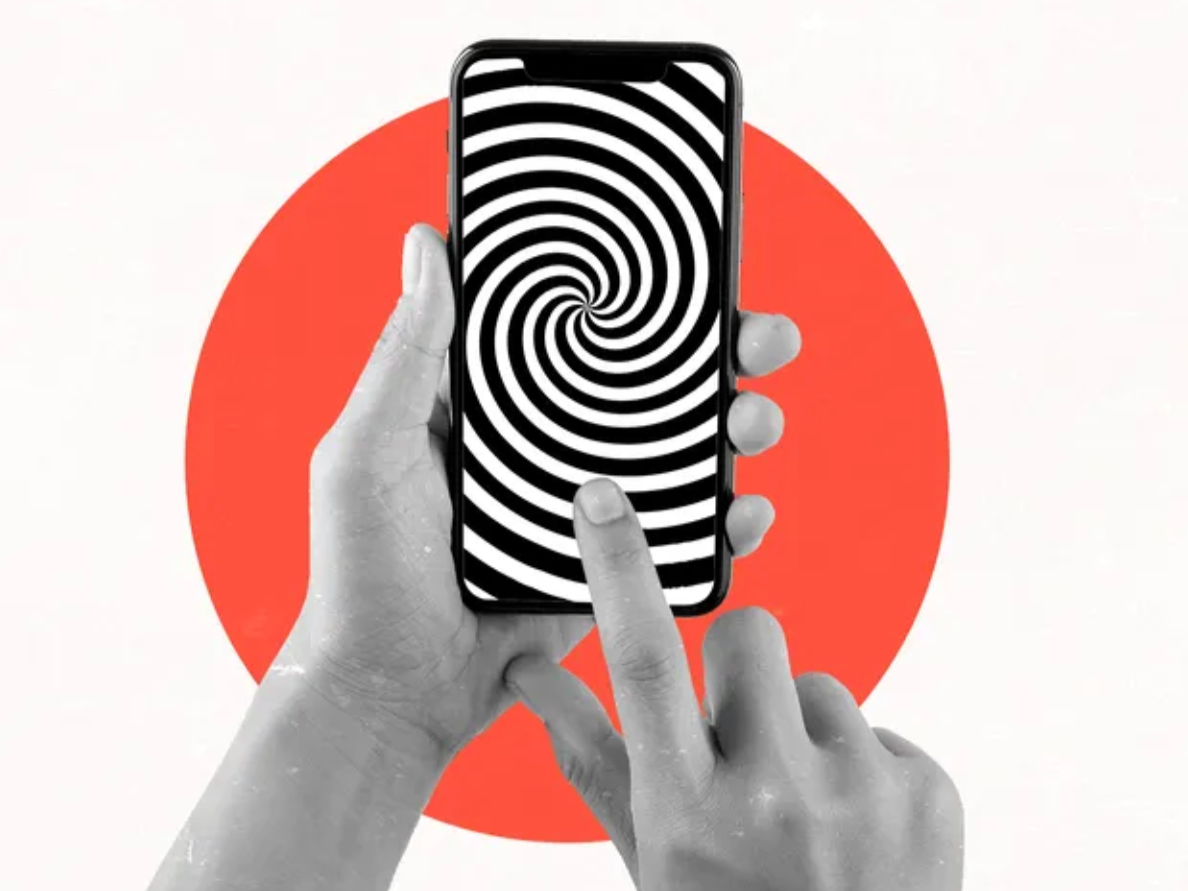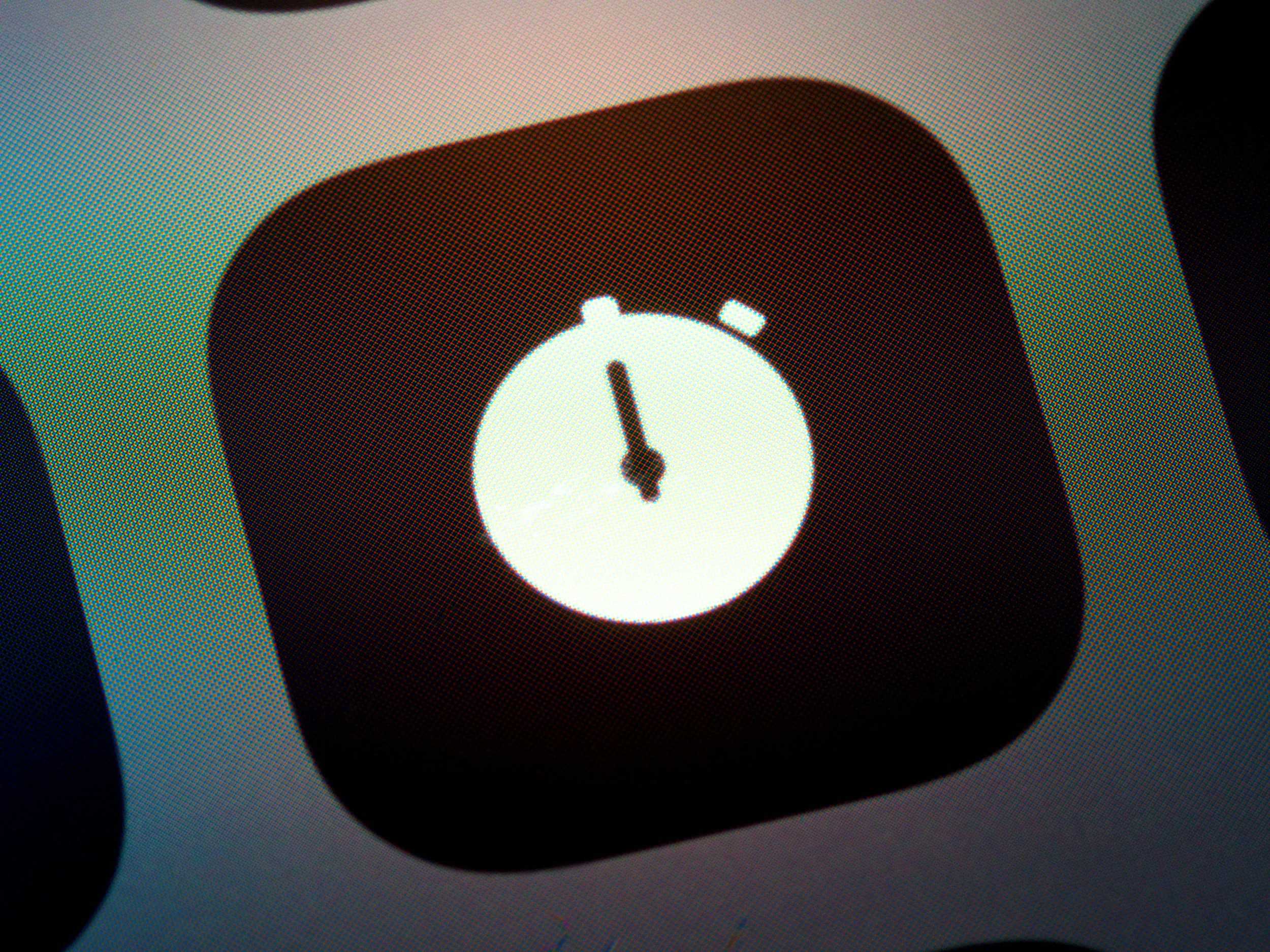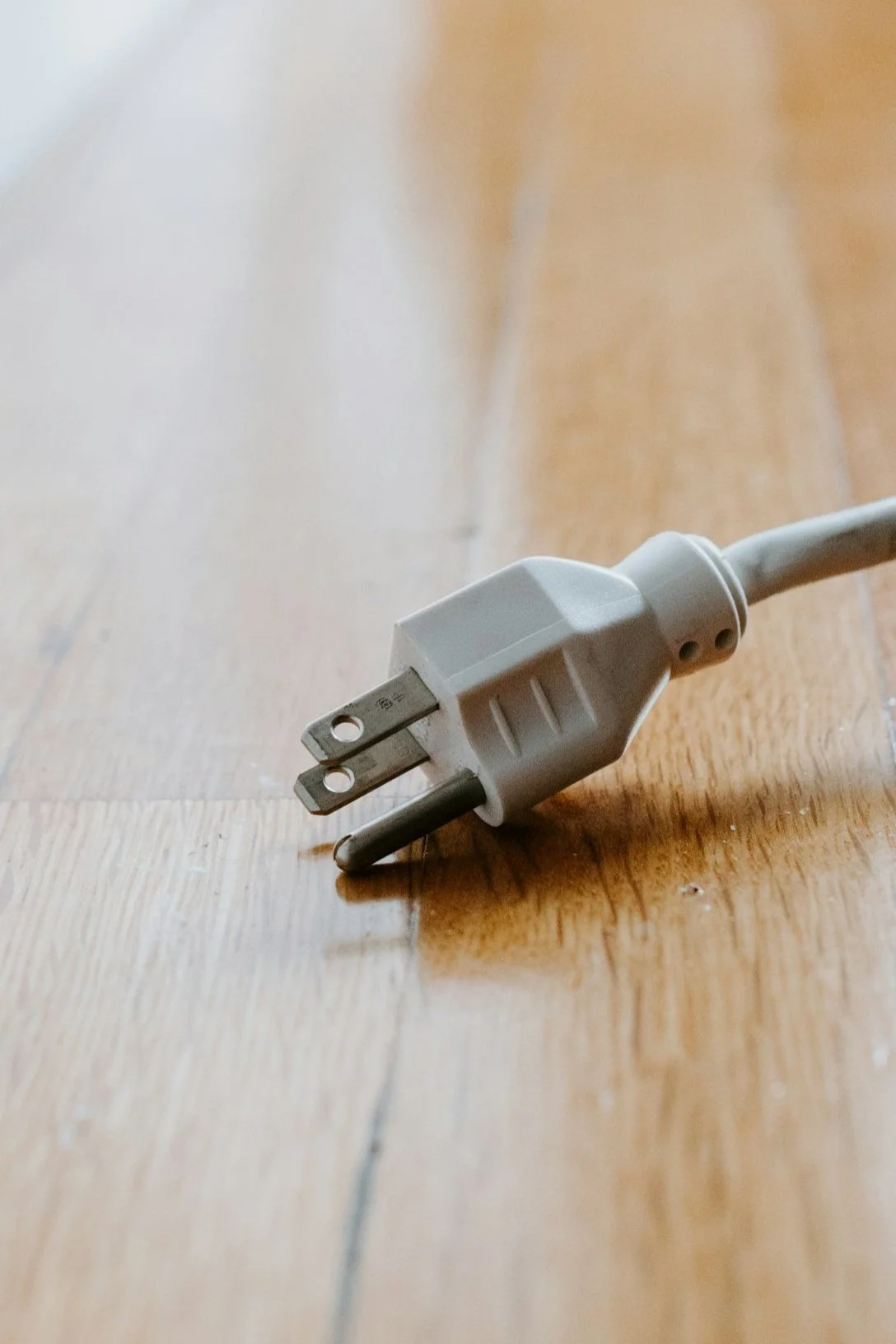Morning Phone Addiction: How to Stop Checking First Thing
Stop scrolling and start your day with clarity. Break your morning phone addiction with practical strategies that actually work. ScreenBuddy
Phone Addiction Symptoms: 7 Signs You're Hooked
Recognize phone addiction symptoms like phantom vibrations, morning scrolling, and focus problems. Here's what to look for and what helps. ScreenBuddy
One Sec App Review: Does It Actually Work?
Honest One Sec review: great friction, but no time limits means you can still scroll for hours. See who it's for and alternatives. ScreenBuddy
Mindless Scrolling: What It Does to Your Brain
Mindless scrolling rewires your brain to crave constant stimulation and avoid discomfort. Here's what happens and how to reverse it. ScreenBuddy
Why Can't I Stop Scrolling? The Science Explained
Why you can't stop scrolling isn't a willpower problem. It's brain chemistry. Here's the science and what actually helps. ScreenBuddy
Opal App Review: Pros, Cons, and Alternatives
Honest Opal review: beautiful UI and strong blocking, but expensive with too many features. See who it's for and alternatives to consider. ScreenBuddy
How to Stop Doomscrolling: The Complete Guide
How to stop doomscrolling. Here's what actually works, from simple habit changes to friction-based tools and how I cut my screen time 55%. ScreenBuddy.
How to Block YouTube on iPhone
How to block YouTube on iPhone using Screen Time and third-party blockers. Step-by-step instructions. ScreenBuddy
How to Stop Mindless Scrolling: A Practical Guide
Learn how to stop mindless scrolling using Screen Time, friction apps, and environment changes. Practical methods that work.
How to Block Instagram on iPhone
How to block Instagram on iPhone using Screen Time and third-party blockers. Step-by-step instructions.
Apps to Stop Doomscrolling: 7 Options That Actually Work
The best apps to stop doomscrolling: One Sec, ScreenBuddy, Opal, Freedom, and more. Friction vs blocking vs gamification. ScreenBuddy.
Best Apps to Limit Social Media (2026)
Comparing the best apps to limit social media: Opal, Freedom, One Sec, ScreenBuddy, AppBlock. Pricing, features, and which to choose.
How to Block TikTok on iPhone
How to block TikTok on iPhone using Screen Time and third-party blockers. Step-by-step instructions by ScreenBuddy.
How to Block Social Media on iPhone
Learn how to block social media on iPhone using Screen Time, Focus Mode, and third-party blockers. Step-by-step guide. ScreenBuddy
How to Block Apps at Certain Times on iPhone
Learn how to block apps at certain times on iPhone using Downtime, Focus Mode, and third-party blockers. Step-by-step setup guide. ScreenBuddy
How to Block Apps on iPhone: The Complete Guide
Learn how to block apps on iPhone using Screen Time, Focus Mode, and third-party blockers. Includes methods you can't easily bypass.
Screen Time Impairs Sleep According to National Sleep Foundation
A 16-person expert panel reviewed 574 studies and reached consensus: screen use impairs sleep health in children and adolescents, and behavioral strategies can help. Here's what the research shows.
Phone Addiction Symptoms: 4 Signs You're Hooked
Research on working adults identified four distinct symptoms of phone addiction, including "phantom vibrations" that 90% of phone users have experienced. Here's what the science shows about how smartphone dependency manifests at work.
How to Reduce Screen Time (Without Going Cold Turkey)
A Georgetown University study of 500 people found that even partial digital detoxes can produce mental health improvements comparable to cognitive-behavioral therapy. Here's what the research reveals about cutting screen time in half.
Why Am I Always on My Phone? What It Does to Your Brain
Research shows checking your phone 110+ times daily signals problematic use and triggers the same brain pathways as substance addiction. Here's what science reveals about how compulsive phone checking affects your cognition.




















